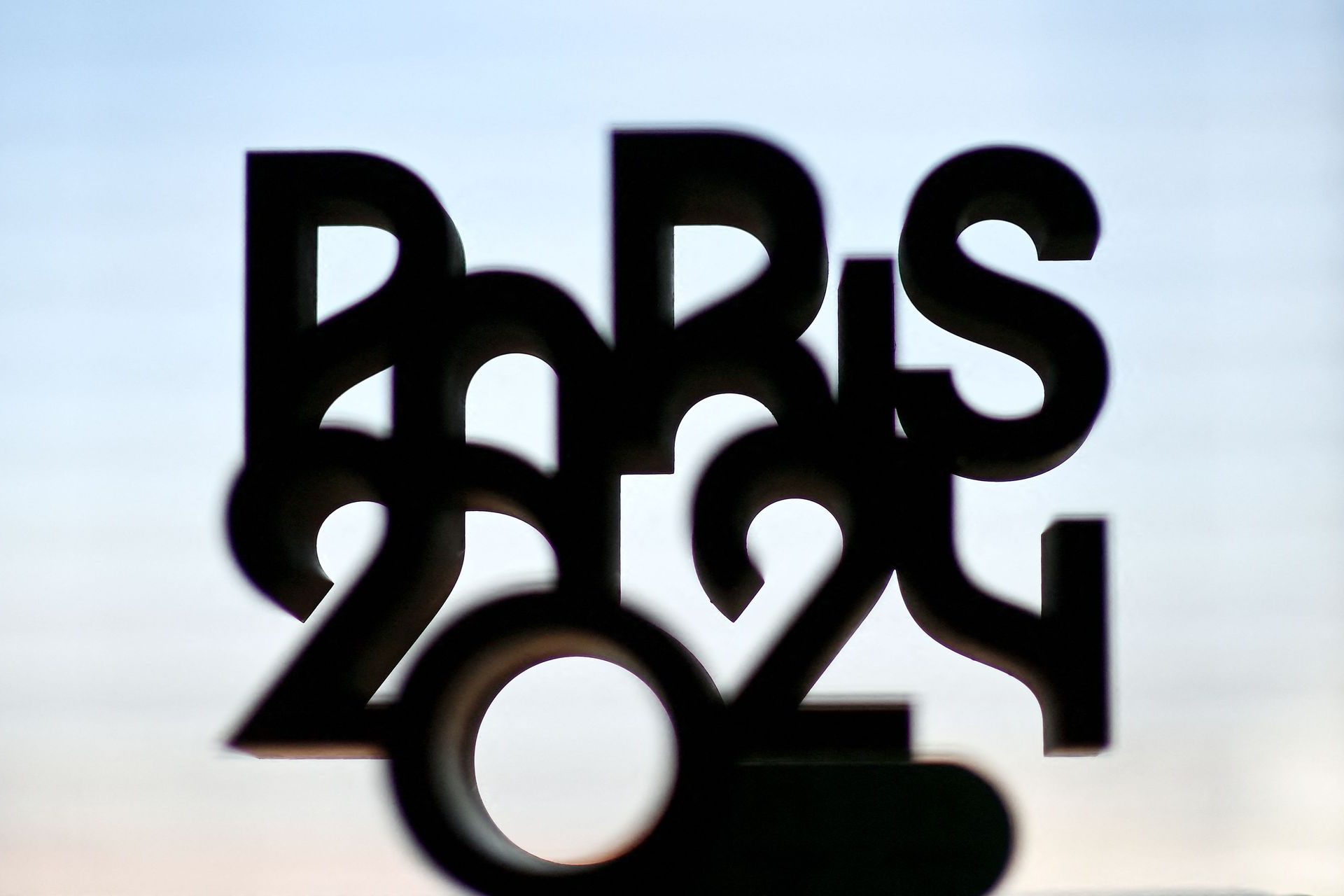Stimulating the happiness molecule: the cure for depression?
Happiness is related to the memories we have accumulated in our lives. When a person has mostly positive memories, they are happier than someone with negative memories. But who decides whether a memory is good or bad?
A revealing study has uncovered which molecule is responsible for whether our memories are coded as positive or negative. The article was published on July 20, 2022 in 'Nature', one of the most prestigious scientific journals in the world.
(Photo: Unsplash/ annie spratt)
Neurotensin is a 13 amino acid peptide that is distributed throughout the central nervous system, primarily in the hypothalamus, which regulates hormones, and in the amygdala, which is responsible for emotions such as fear.
The existence of the molecule itself is not new, but its crucial role in encoding memories is. The higher the level of neurotensin, the greater the likelihood that a particular experience will be saved as a good memory.
(Photo: Unsplash / cdc Linon)
Hao Li, the study's lead author, is quoted by the Brazilian journal Super Interestinge as saying, "It is the amount of available neurotensin that strikes the balance between processing memories and determining whether they are positive or negative."
The study was conducted by researchers from the Salk Institute, a biological research center in California, in collaboration with scientists from the Massachusetts Institute of Technology and the Universities of Harvard and Michigan.
(Photo: Unsplash / accuray)
Neuroscientist Kay M. Tye, one of the authors of the article, says there is a better understanding of why some people experience negative emotions more than positive ones, for example patients with anxiety, depression or post-traumatic stress disorder.
"As we experience the world around us, we are constantly bombarded with sensory stimuli. Our brain then assigns each stimulus a positive or negative value. We call this process valence assignment," she told News-Medical.net.
"Almost all of our behaviors are driven by two emotional valences: seeking reward and avoiding punishment. We need to quickly filter out the most important information to make a decision," adds Kay M. Tye.
This neurological process occurs in all humans, but our brains tend to store more negative memories than positive ones. But why is it like that?
Over many years of evolution, brain circuitry has learned to recognize punishment more quickly than reward, suggesting that we are inherently pessimistic.
Because "when there is danger, we want to avoid it or run away, but when we are hungry we can wait. However, we will not wait if a tiger is nearby. In order to survive, we perceive the negative faster than the positive ' Hao Li told NPR.
Our mood can fluctuate within a certain range every day. But if these fluctuations are outside the normal range, it means that there is a pathology.
Kay M. Tye makes it clear that, in general, a person who has too much positive processing (reward) may slip into addictive behaviors such as gambling or drug addiction, while those who have too much negative processing (punishment) may develop depression or anxiety .
In the experiment, which aimed to form memories, the mice were taught to associate certain sounds with a good (food) or a bad (a weak electric shock) experience.
It was found that the amount of neurotensin increased when the mice remembered the positive experience. Mice were then genetically engineered to produce more or less of this substance.
After the concentration of neurotensin in the amygdala of the animals was artificially modified, a change in their behavior was observed, demonstrating the importance of the molecule in the classification of the lived experiences.
The author of the article is optimistic. They believe this molecule can help patients overcome or recover from mental illness.
(Photo: Unsplash / sydney sims)
Still, Hao Li concedes that more research needs to be done on how valence attributions can lead to anxiety, addiction, or depression.
"Besides neurotensin, there are many other neuropeptides in the brain that are potential factors for treatment," Hao Li told QuantaMagazine.
The researcher also identified the problem of experiences of not knowing whether they are good or bad. The topic arouses a special curiosity in the author of the study, which motivates them to continue researching it.
(Photo: Unsplash / devin avery)
More for you
Top Stories


































